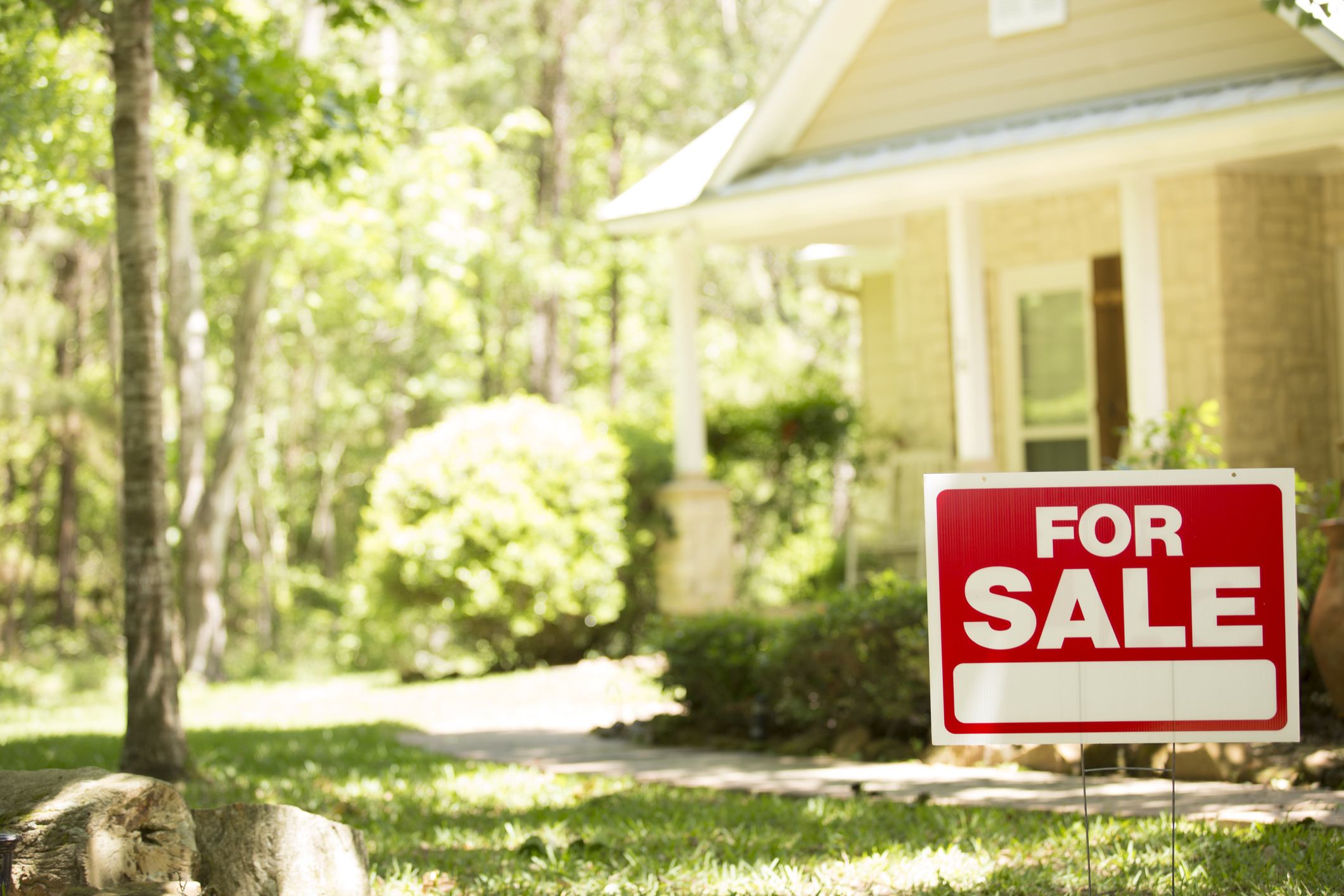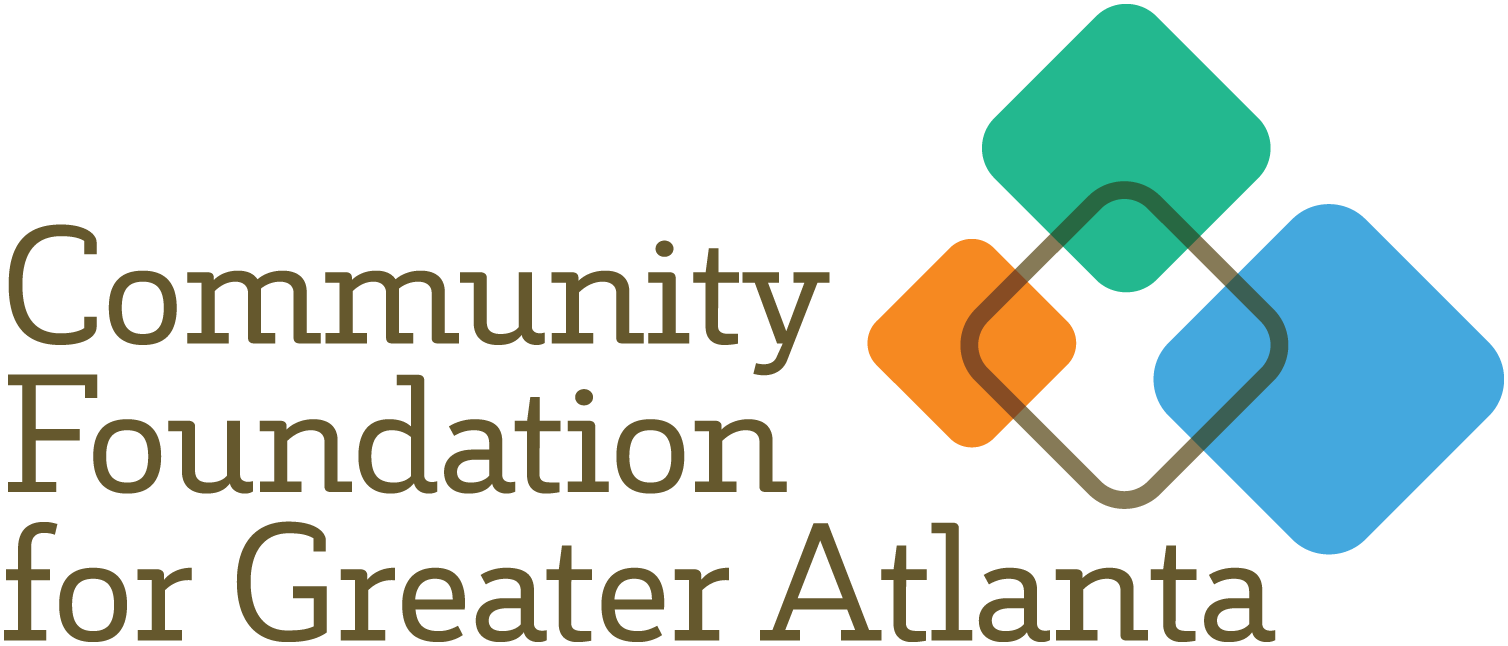

By Yovanna L. Madhere
Wealth, health and growth are three ideals of the American Dream. A dream my parents sought after as 20-something high school sweethearts when they immigrated to the Unites States of America in the early 1970s from Panama. I was born in 1976 and for as long as I could remember, we owned our home. By 1980, my parents had bought their first home, where they, my sister, mi Abuela (my grandmother) and I lived. It was a two-story, single family, detached Row house with a separate, one-car garage in a multiethnic neighborhood in Queens, NY. We had warm, kind neighbors and fond memories of our home—aluminum siding and all! To my father, owning his home was the best way he saw fit to ensure and secure his financial future and provide long-term, positive outcomes to his daughters. He was right.
Historically affordable and accessible homeownership has been the proverbial “alley-oop” that has allowed Americans the opportunity to compete economically. This life-changing opportunity opened provisions for Black and Brown families to finance business ideas, provide college educations, or even rid themselves of debt, even when a legacy of economic freedom was not part of their pedigree. The impact of my parents owning our home instead of renting has been felt well into the second generation of Americans in my own family. It has been the motivation for my husband and me to own our home, strive to acquire investment properties, and teach our children these values instilled in us from our immigrant parents.
However, for a portion of the population access to homeownership or even the opportunity to rent in a safe and decent neighborhood is curtailed by the historically disenfranchising practices of redlining, discriminatory lending (or renting), and most recently, discriminatory appraisal practices due to racial demographics. Living in inadequate, unsafe housing accommodations, or worse – being unhoused – are contributors to adverse childhood experiences (ACEs). ACEs are contributors to poor health outcomes such as cognitive deficits, physical illness, and/or psychological and behavioral problems. Some of these outcomes look like lowered graduation rates, elevated risk of diabetes or heart disease, and increased rates of depression and anxiety.
The recent homeownership incentives like those mentioned by City of Atlanta Mayor Andre Dickens, the Community Foundation for Greater Atlanta, and the Wells Fargo WORTH initiative will begin to close the housing gap. Implementing such an initiative helps to mitigate those unfavorable health outcomes for our children who are confronting adverse childhood experiences due to their housing conditions. These initiatives will begin to close the housing gap that exists between white and Black/brown citizens of Atlanta and, by closing the housing gap, the financial divide that exists will be narrowed, providing fertile economic soil for families’ dreams and opportunities to grow. These incentives will also keep the three ideals of the attractive American Dream – wealth, health, and growth – alive and well. The ideals that we Americans strive for, and, with Divine providence and our collective efforts, we will achieve.
Yovanna Madhere is a clinical social worker, speaker, author, and coach. She graduates May 2023 from Clark Atlanta University’s Whitney M. Young, Jr School of Social Work with a Master of Social Work degree focused on health/ mental health. She is President of Phi Alpha Honor Society Zeta Kappa Chapter, a Dean’s Fellow, and a recipient of the Clark Atlanta University Collaborative Behavioral Health Workforce Education and Training (BHWET II) Fellowship. Originally from Queens, NY, she is a first-generation Afro-Latina American.
Note: This piece was originally published in the Saporta Report.
Categories
- Arts, Culture and Creative Enterprises6
- Book Club26
- Community107
- COVID-1934
- Donor Stories39
- Events30
- Great Grant Stories62
- Higher Ground168
- Housing and Neighborhoods14
- Impact Investing28
- Income and Wealth12
- Media22
- News158
- Nonprofits24
- Philanthropic Resources131
- Place-focused6
- Power and Leadership8
- Press Releases99
- Publications62
- TogetherATL20
- Uncategorized335
